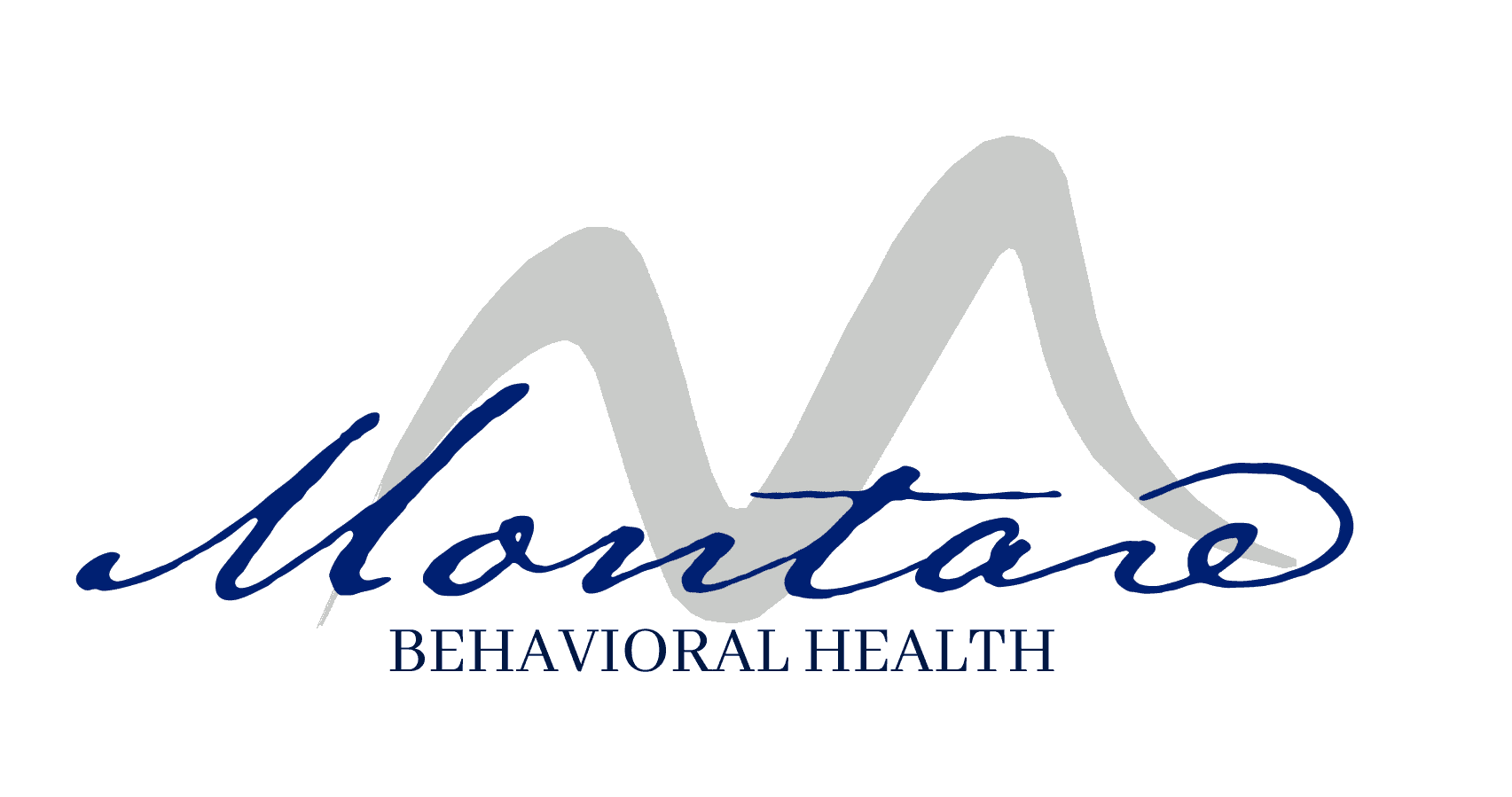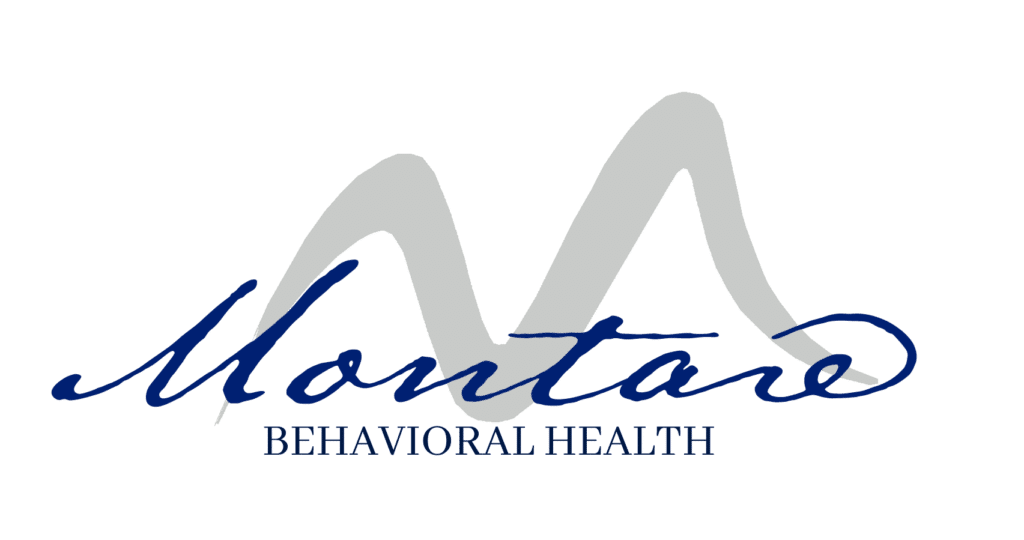Having depression is difficult enough, but when someone finds that the usual treatment options don’t work, it can make them feel even worse. When someone has treatment-resistant depression, they need a highly structured and effective care program that understands the challenges of this mental health disorder.
Montare Tucson operates a residential program that helps people manage their treatment-resistant depression. We provide a multitude of therapies that address the symptoms and help ease them. With our help, people can have hope again.
What Is Treatment-Resistant Depression?
Treatment-resistant depression is a form of depression that does not respond positively to traditional treatment approaches. Someone who has it typically has tried therapy and prescription medications, but cannot find the right combination of approaches to help ease their symptoms. They either feel no changes in their depression levels or only minimal ones. Treatment-resistant depression is usually diagnosable after a person has tried two types of antidepressant drugs that did not significantly improve their disorder.
How Common is Treatment-Resistant Depression?
About 30% of those diagnosed with major depressive disorder have a treatment-resistant version of it. It’s important to be screened for treatment-resistant depression if regular treatment is not working.
What are the Symptoms of Treatment-Resistant Depression?
People with treatment-resistant depression have many of the same types of symptoms as those with other types of depression. This includes difficulty sleeping or sleeping too much, changes in weight or appetite, isolating from others, and crying. However, Treatment-resistant depression can also cause a person to experience symptoms that are more severe and long-lasting. In addition, the individual may have anxiety and suicidal tendencies. Moreover, they also may have tried two or more types of prescription drugs to alleviate their symptoms, but found they did not work or didn’t provide enough help.
What Causes Treatment-Resistant Depression?
Treatment-resistant depression can develop for different reasons. For some, it comes from experiencing stressful situations without the ability to use healthy coping skills. In particular, someone who suffered from childhood abuse or other harrowing issues may go on to develop treatment-resistant depression. Furthermore, damage to the hypothalamic-pituitary-adrenal (HPA) axis can become altered when someone endures a great deal of stress. This can influence the development of treatment-resistant depression.
What are the Risk Factors for Treatment-Resistant Depression?
People with depression often abuse drugs or alcohol in an attempt to feel better. Ironically, this can cause the treatment used to treat treatment-resistant depression to become minimized. Additionally, people who experience serious medical problems like autoimmune diseases, thyroid disease, cancer, heart disease, and more often find it difficult to treat their depression. Moreover, lifestyles can also cause problems. Therefore, this makes getting enough sleep, exercising, and having healthy eating habits a priority.
How Is Treatment-Resistant Depression Diagnosed?
Treatment-resistant depression can be diagnosed by visiting a mental health therapist, psychologist, or psychiatrist. The clinician will conduct an interview and may use other methods to determine if the individual meets the requirements of treatment-resistant depression. From there, a plan can be developed to help the person find an effective treatment program that fits their unique needs.
How Is Treatment-Resistant Depression Different from Traditional Depression?
Traditional types of depression typically respond to attending therapy and using prescription medications. The individual with traditional depression often finds that attending a residential or outpatient program, combined with the right drugs, minimizes their symptoms. Eventually, they either overcome their depression over time or learn to manage it in a way that improves their quality of life.
Someone with this type of depression finds that participating in therapy does not improve their symptoms or only gives them a slight decrease in their symptoms. They have also tried two or more types of prescription drugs, but do not get the results they need. When this happens, the person should seek a diagnosis from a mental health expert.
Tips for Additional Depression Treatment Options
The most important step is to find a quality program that offers help for people with treatment-resistant depression. Along with attending professional treatment, the person can do other things to help alleviate their symptoms. This includes:
- Make sure they do not skip therapy sessions
- Take their medications as directed
- Report an increase in symptoms to their care provider
- Eat a healthy diet
- Stop drinking or using recreational drugs
- Make time to spend with loved ones
- Exercise on a regular basis
- Keep a journal
- Watch positive and uplifting movies and television, and listen to music that lifts their spirits
- Keep up with personal hygiene, including daily showers or baths
Frequently Asked Questions About Treatment-Resistant Depression
What makes depression “treatment-resistant”?
Treatment-resistant depression is diagnosed when someone has tried at least two different antidepressant medications, along with therapy, but still has little or no improvement. It means the usual treatments don’t work as expected, and the person needs a more structured, specialized program to find relief.
How common is treatment-resistant depression?
Studies show that about 30% of people with major depressive disorder experience treatment-resistant depression. This makes it more common than many people realize, which is why getting the right diagnosis and care is so important.
What symptoms should I watch for?
People with treatment-resistant depression often experience the same symptoms as other forms of depression—low energy, poor sleep, appetite changes, hopelessness, and withdrawal from loved ones. The difference is that these symptoms last longer, feel more intense, and don’t improve with standard treatment.
Why doesn’t regular treatment work for some people?
There isn’t one single reason. In some cases, genetics, brain chemistry, or long-term stress can affect how the body responds to medication. Past trauma, chronic illness, or substance use can also make depression harder to treat. That’s why a personalized care plan is so important.
Can treatment-resistant depression get better?
Yes. While it may feel discouraging, people with treatment-resistant depression can find relief through a combination of therapies tailored to their needs. This might include advanced medication management, evidence-based therapies like CBT or DBT, holistic practices, or residential programs that provide 24/7 support.
How is it diagnosed?
A qualified mental health professional, such as a psychiatrist or therapist, will review your medical history, treatment attempts, and current symptoms. They’ll assess whether you meet the criteria for treatment-resistant depression and then help build a care plan that addresses your unique needs.
Contact Montare Tucson to Start Healing from Treatment-Resistant Depression
Living with treatment-resistant depression robs people of hope and the ability to feel joy. Moreover, many of them have tried different treatment plans without getting the results they need. Montare Tucson offers a program for that helps the individual understand their disorder and learn how to manage their symptoms. In addition, We provide both traditional and holistic therapy to help people stop being ruled by depression and enjoy a brighter future.
Contact us today to find out how we can give you the tools to help ease your feelings of depression. Reach out for the help you deserve today.
Sources
American Psychiatric Association. (2023). What is depression? American Psychiatric Association. https://www.psychiatry.org/patients-families/depression/what-is-depression
Mayo Clinic Staff. (2023). Treatment-resistant depression: Diagnosis and treatment. Mayo Foundation for Medical Education and Research. https://www.mayoclinic.org/diseases-conditions/depression/in-depth/treatment-resistant-depression/art-20044324
National Institute of Mental Health. (2023). Depression basics. U.S. Department of Health and Human Services. https://www.nimh.nih.gov/health/topics/depression


